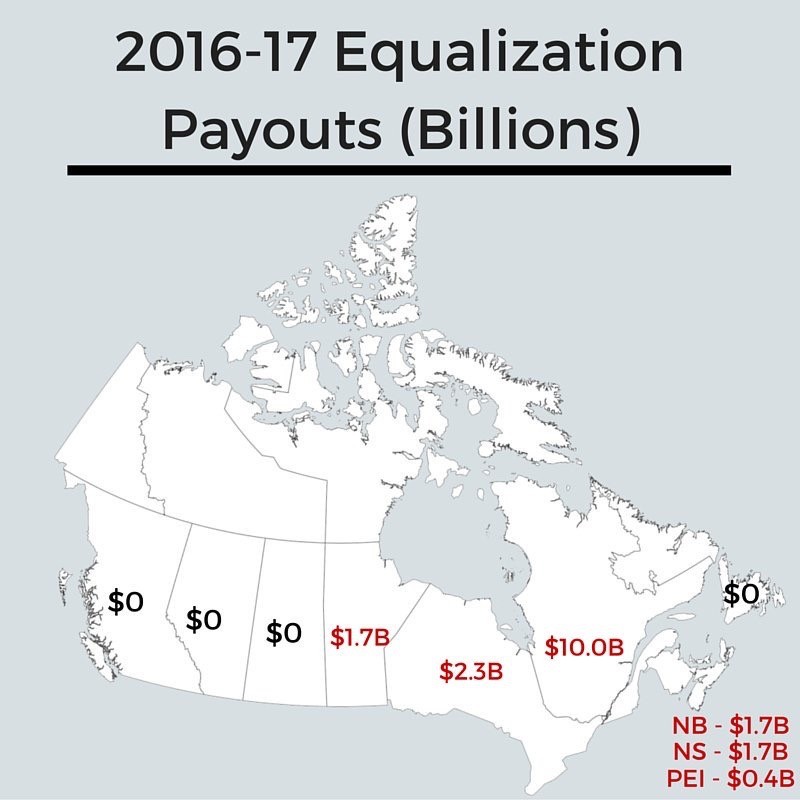No chuck Quebec has stuff to. It's easy to pull money out of the rest of canada for them.
But they know a good thing and they are sucking it dry.
But they know a good thing and they are sucking it dry.

This website uses tracking tools, including cookies. We use these technologies for a variety of reasons, including to recognize new and past website users, to customize your experience, perform analytics and deliver personalized advertising on our sites, apps and newsletters and across the Internet based on your interests.
You agree to our and by clicking I agree.
Comment